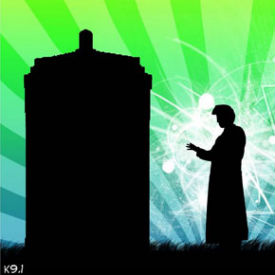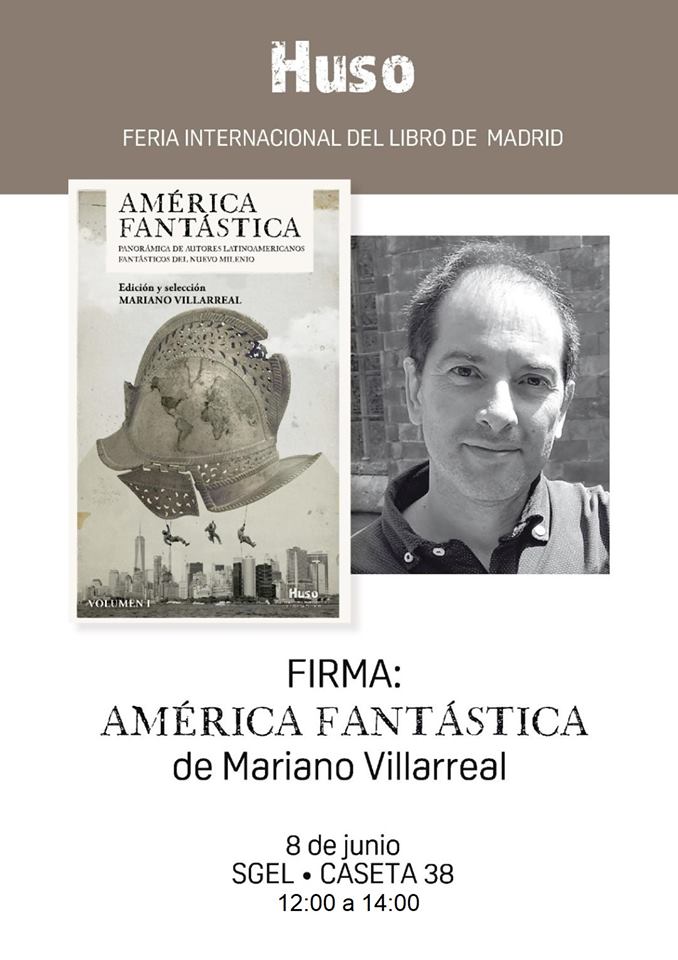
By now, you will all have heard of the death of 42-year-old actor Chadwick Boseman (Figure 1), who played T’Challa, the Black Panther (ruler of Wakanda) in the Marvel Cinematic Universe (Captain America: Civil War; Black Panther; Avengers: Infinity War; and Avengers: Endgame). The physical role appeared so demanding, it was a surprise to me that he was that old. But Boseman, who had previously played Black icons Jackie Robinson (42) and James Brown (Get On Up), carried himself as if he were in his mid-twenties. He played T’Challa with dignityand grace, and was a role model for many Black people, who were surprised (given the way Hollywood has traditionally treated Black actors) to find a Black man playing the lead role in a genre not previously noted for major diversity in leading roles. I hope Boseman’s example will lead to further casting colour-blindness.

Before I continue with the review, let me remind you that my reviews are my opinion only. I don’t pretend to be a movie maven, though I have watched many hundreds of them (largely genre); nor do I pretend to be a critic in the usual sense. I’m simply a well-read guy who loves movies, and is privileged to have a bully pulpit supplied by Steve Davidson and Amazing Stories® onlilne. You don’t have to like or agree with my reviews; I just tell what I liked or didn’t like about a particular movie. Fair enough?

The year is 1983; the Soviet Union (Union of Soviet Socialist Republics, or USSR—in Cyrillic, it’s CCCP) is still active. Cosmonauts Konstantin Veshnyakov (Pyotr Fyodorov) and Kirill Averchenko (Aleksey Demidov) in the capsule “Orbiter-4” are separating from their station in orbit and about to come back to Earth.
Kirill says when he gets back, he’s going to take a very hot bath and take his wife out for a special show, but Konstantin will only say he’s going to Rostov “for business.” (Rostov, btw, is about 995 km. from Moscow.) But something goes wrong, and the capsule begins shaking wildly. Just as it calms down, Averchenko glimpses something odd out the window next to Veshnyakov; in the red glow of the emergency lights, both cosmonauts see the hatch, apparently beginning to open from the outside.
We see the capsule coming down on a parachute; there’s a notation on the screen that says it’s Kazakhstan Soviet Socialist Republic, and a Kazakhstani tribesman is watching it land from horseback., When the Kazakhstani arrives at the capsule, one of the cosmonauts is seated on the ground still in his spacesuit, but dead—the back of his head is missing. Konstantin is exiting the capsule, but there’s something wrong with him; he’s all bloody.

Cut to a boardroom of some kind; Tatyana Klimova (Oksana Akinshina) is a medical doctor and psychiatrist under review for her unorthodox tactics. She is told that, although the patient got well, her treatment was against the rules and she must either plead guilty and lose her license and get a short sentence, or she will be brought to trial, in which case she might go to jail for a long time. Unrepentant, she refuses to plead guilty—the patient got well under her ministrations. Leaving the board hearing, she is accosted by Colonel Semiradov (Fedor Bondarchuk), who convinces her he can take care of this little problem if she will come with him and help him solve his problem. He says she can come right back if she doesn’t want to stay. They travel to a remote facility in Kazakhstan.
There she finds that Konstantin—who the public has been told is recovering from his arduous flight with his fellow cosmonaut Kirill at some kind of spa—is being studied (under lockup and armed guard) by doctor Yan Rigel (Anton Vasilev). And the reason he’s being studied is that Konstantin did not come back from space alone. There’s an alien being inside him that comes out at night when he (Konstantin) is drugged by his keepers. Semiradov tells her he intends to weaponize what he calls Konstantin’s parasite. Tatyana asks what the alien eats, and Yan tells her it eats what Konstantin eats.

She does some research, and decides to test Konstantin’s stress (and hormone) levels by telling him she knows he had an illegitimate son who is in an orphanage after his mother died; he lied on his cosmonaut application because going into space was more important to him than his own son (this goes back to the Rostov hint in the capsule). She wants to see what effect the varying hormone levels have on the alien. Tatyana finds that the alien comes out of Konstantin at night (it’s badly affected by light). She also finds that the alien doesn’t eat what Konstantin eats… Semiradov has been feeding it prisoners who otherwise would be condemned to death because they’re murderers and rapists, etc. She theorizes that the alien is not, in fact, a parasite, but perhaps—because it’s becoming acclimatized to Earth’s atmosphere and can stay out of Konstantin longer and longer each night—it and the cosmonaut are developing a symbiotic relationship. Konstantin is stronger than before, and has recovered from injuries that should have, perhaps, injured him permanently or killed him.
And here’s a good place to leave the description… I did promise only some spoilers. As mentioned in other reviews, this movie owes something to Ridley Scott’s Alien, though rather than bursting out of the host’s chest and killing him, this alien comes out of Konstantin’s throat and returns the same way. There’s no Ten Little Indians feel to it, either; it’s been described by some reviewers as a “sci-fi horror movie.” I prefer to think of it as a thoughtful “first contact” movie. (It might remind some of the 2017 movie Life, with Jake Gyllenhaal.) Oksana Akinshina’s Tatyana is, however, very reminiscent of Sigourney Weaver’s Ripley, in that she is a strong female protagonist who makes evaluations and acts on those evaluations in a very smart way.
If you’re bothered by blood, you might want to steer clear of this; although it’s not what I’d consider overly gory, the gore is very much in service of the plot—as are the special effects. It’s rare that a modern SF movie can sublimate the FX to the needs of the plot. But there is a certain amount of blood, and a few explicit deaths, involved. It’s not a perfect movie; the pace is rather slow compared to many Hollywood movies, and a few plot points that don’t quite add up, but mostly in the last 10 minutes or so. Hey, if anyone can tell me what the heck that last bit means, I’d be grateful. But overall, I’d say this was a very good SF movie and I recommend it to SF fans. By the way, “Sputnik” in Russian means something like “companion” or “fellow traveler.” A bit of foreshadowing that we whose Russian is weak might have missed.
Comments on my column are welcome. You can register and comment here, or on Facebook, or by email (stevefah at hotmail dot com). All your comments are welcome! (Just keep it polite, okay?) My opinion is, as always, my own, and doesn’t necessarily reflect the views of Amazing Stories or its owner, editor, publisher or other columnists. See you next time!
Steve has been an active fan since the 1970s, when he founded the Palouse Empire Science Fiction Association and the more-or-less late MosCon in Pullman, WA and Moscow, ID, though he started reading SF/F in the early-to-mid 1950s, when he was just a sprat. He moved to Canada in 1985 and quickly became involved with Canadian cons, including ConText (’89 and ’81) and VCON. He’s published a couple of books and a number of short stories, and has collaborated with his two-time Aurora-winning wife Lynne Taylor Fahnestalk on a number of art projects. As of this writing he’s the proofreader for R. Graeme Cameron’s Polar Borealis and Polar Starlight publications. He’s been writing for Amazing Stories off and on since the early 1980s. His column can be found on Amazing Stories most Fridays.









